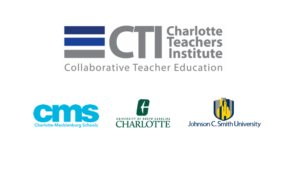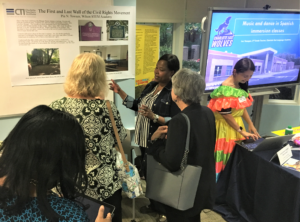Gerald Todd Statome, Social Studies, East Mecklenburg High School
Synopsis
The unit is designed to show that there are over 200,000 children incarcerated in America each year, which denies a child the right to be a child. All children have innate human rights, but these rights are denied by poverty, illiteracy, conflict, corporate greed, and other forms of bondage that steal a child’s innocence and youth. We will focus this unit on a child’s need for security and the ability to grow up in a safe environment with access to food, clean water, clothing, safe movement, and shelter. Many children are growing up without families and are being denied basic human rights due to their lack of guidance, mentoring, parenting, and opportunity. The impoverished, voiceless children in America are growing up with inadequacies in education, which has a direct correlation to a high incarceration rate. Many children are growing up in adult prisons, serving extended sentences, often for minor offenses, and spending the majority of their life behind bars. The unit will focus on the purpose of human rights: the protection of children, promoting equity within society, the psychological effects of incarceration on children, providing rehabilitation programs, and creating opportunities for juvenile offenders to become meaningful members of society. Students will be responsible for researching, discussing, and developing ideas and concepts that could be used to help reduce the incarceration rate for adolescents in the United States. The major theme of this Unit is the denial of human rights to adolescents who are incarcerated in adult prisons.











 Home
Home